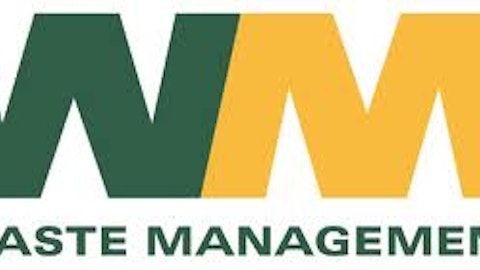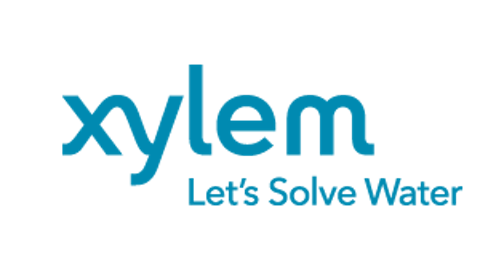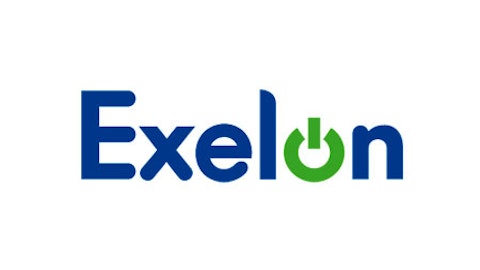
Source: Bjoertvedt, via Wikimedia Commons.
When it comes to dividend stocks from large, mature companies, it’s hard to compete with Veolia Environnement SA (ADR) (NYSE:VE)‘s current 5% yield. Part of the reason the yield is so high is that ever since the Great Recession, the company has struggled to deal with crushing amounts of debt, and that has scared investors.
When new CEO Antoine Frerot took the reins following an expensive spending spree by former management, he realized that Veolia Environnement SA (ADR) (NYSE:VE) needed to trim down its business, focus on a few key areas, and sell off the rest in an attempt to pay down debt.
As the company’s report for the first half of 2013 demonstrates, Frerot’s plan seems to be taking hold — but does it mean that its outsized dividend makes the company a “buy-now stock”?
Shrinking debt, booming savings
Starting in 2011, management decided that Veolia Environnement SA (ADR) (NYSE:VE) had stretched itself too thin. That meant exiting the trash business in the United States, as well as the transportation business altogether. By doing so, the thinking went, Veolia would be able to pay down its debt, while focusing on water services (especially in emerging economies), waste management in Europe, and a smaller play on energy services.
As you can see, in just 18 months, the company’s net financial debt has been pared by more than 20%.

Source: SEC filings. All numbers from Dec. 31 of each year, except 2013, which is accurate as of June 30..
Just as important, the company has been able to accelerate its savings plan associated with leaner and more efficient operations. When this turnaround began in 2011, management was hoping to be able to realize $560 million in savings by 2015. The reduction in expenses, however, has been better than expected: Veolia Environnement SA (ADR) (NYSE:VE) now predicts that it will be able to save $1 billion by 2015. That’s big news for a company with a market cap of $8 billion total.
A key move that will help Veolia Environnement SA (ADR) (NYSE:VE) continue on its path — and that investors should focus on — will be the divestment of its Transdev public transportation business, which has operations in both Europe and Australia.
Focusing on problems of the future
Though Veolia will continue with its core waste and water services in Europe, it’s doubling down on both emerging markets, as well as recycling services associated with what are typically considered major industrial polluters: nuclear energy, mining, and chemical companies.
Winning future contracts with major cities and industrial clients will be extremely important. Cost-cutting measures are great — especially in Veolia’s case — but those alone won’t sustain business momentum.
Over the first six months of 2013, the company’s Water and Environmental Services divisions both saw dips of over 3% in revenue compared with the same time last year. These two account for over 80% of Veolia’s revenues, so they’re crucial to the company’s future success.
Changes to the dividend?
As a non-American company, Veolia’s dividend policy is different from what you might be accustomed to. Instead of a solid payout that increases little by little every year, many non-U.S. companies evaluate their financial position every year and determine what a healthy dividend payout would be. That means the yield can change significantly every 12 months.
Given that adjusted free cash flow was virtually flat for the first six months of 2013, I wouldn’t expect any dramatic increases in the company’s dividend payout. Then again, much of Veolia’s revenue is tied to Western Europe, and those economies appear to be steadily recovering. That could mean better business for Veolia over the next six months — but that remains to be seen.
The article Could This Big Dividend Stock Finally Be Turning Around? originally appeared on Fool.com and is written by Brian Stoffel.
Fool contributor Brian Stoffel owns shares of Veolia Environnement (NYSE:VE). The Motley Fool recommends Veolia Environnement.
Copyright © 1995 – 2013 The Motley Fool, LLC. All rights reserved. The Motley Fool has a disclosure policy.




